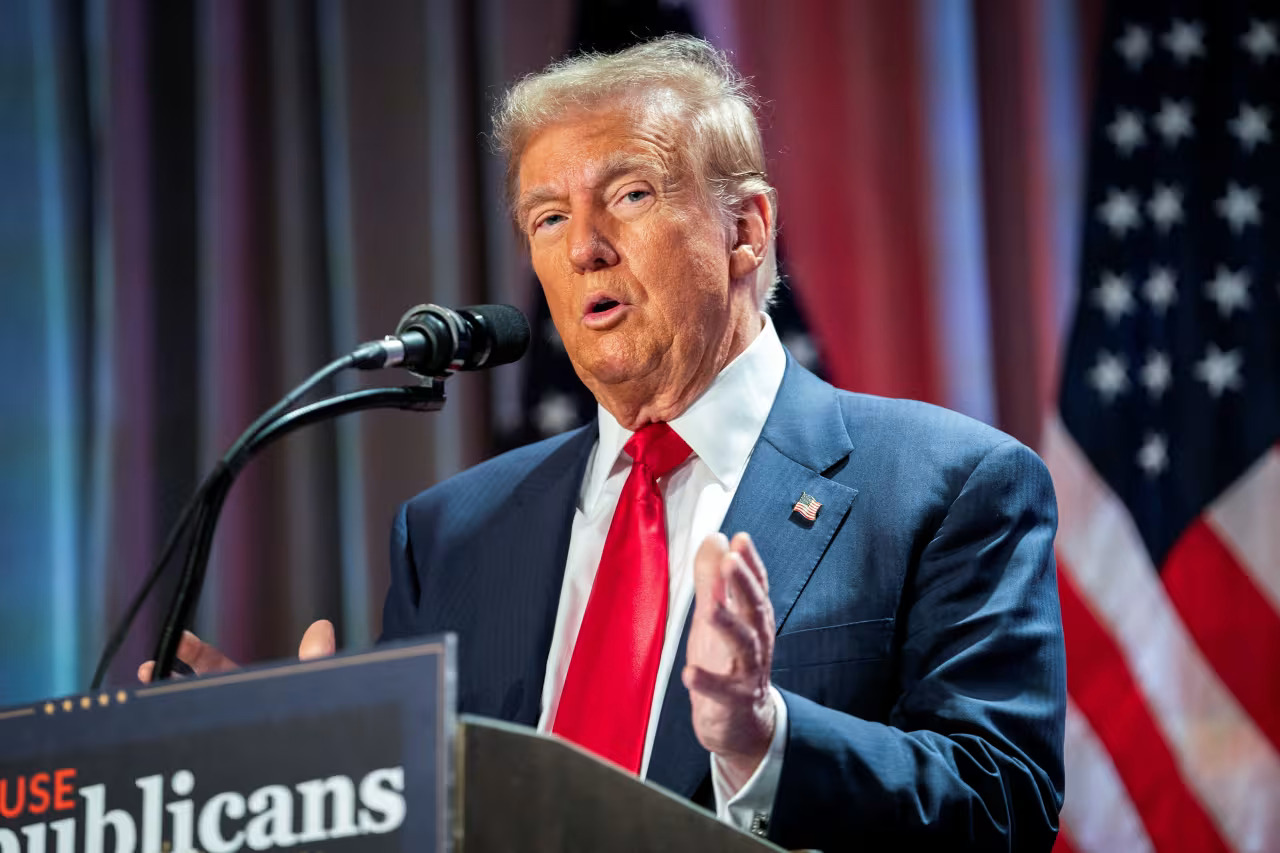In recent years, global trade dynamics have been significantly influenced by shifts in U.S. import-export policies. As one of Southeast Asia's largest economies, Indonesia is proactively assessing and preparing for the potential repercussions of these policy changes. This article delves into the nature of U.S. trade policies, their potential impact on Indonesia, and the strategic measures Indonesia is implementing to mitigate adverse effects.
Understanding U.S. Import-Export Policy Changes
The United States has adopted a more protectionist stance in its trade policies, aiming to reduce trade deficits and promote domestic industries. This approach includes imposing higher tariffs on imported goods and renegotiating trade agreements. Such measures can have far-reaching implications for countries with significant trade relationships with the U.S., including Indonesia.
Potential Impacts on Indonesia
Indonesia's trade relationship with the United States is substantial, with exports ranging from textiles and footwear to electronics and agricultural products. Changes in U.S. import policies could affect these sectors in several ways:
- Tariff Increases on Indonesian Goods
- The imposition of higher tariffs on Indonesian products could make them less competitive in the U.S. market, leading to a potential decline in export volumes. This scenario is particularly concerning for labor-intensive industries such as textiles and footwear, which employ a significant portion of the Indonesian workforce.
- Diversion of Trade Flows
- U.S. policies targeting major exporters like China may lead to trade diversions, where countries seek alternative markets. Indonesia could either benefit from new opportunities or face increased competition in markets previously dominated by affected countries.
- Impact on Foreign Direct Investment (FDI)
- Uncertainty in global trade policies can influence investor confidence. Indonesia may experience fluctuations in FDI inflows, affecting sectors reliant on foreign capital and technology transfers.
Indonesia's Strategic Response
In anticipation of these challenges, Indonesia has formulated several strategies to safeguard its economic interests:
- Strengthening Trade Relations
- Indonesia is actively engaging in diplomatic efforts to reinforce trade ties with the United States. By addressing concerns and highlighting mutual benefits, Indonesia aims to maintain favorable access to the U.S. market. Trade Minister Budi Santoso emphasized the importance of ensuring that Indonesian products continue to have a secure market in the U.S., while also protecting American products in Indonesia.
- Diversifying Export Markets
- To reduce dependency on any single market, Indonesia is exploring opportunities in other regions, including Europe, Africa, and Latin America. This diversification aims to mitigate risks associated with policy changes in major markets.
- Enhancing Domestic Competitiveness
- Investments in infrastructure, education, and technology are being prioritized to boost the competitiveness of Indonesian industries. By improving productivity and product quality, Indonesia seeks to strengthen its position in the global market.
- Participating in Regional Trade Agreements
- Indonesia is actively involved in regional trade agreements such as the Regional Comprehensive Economic Partnership (RCEP). These agreements can provide alternative markets and reduce the impact of unilateral trade policies from other countries.
- Monitoring and Advocacy
- Continuous monitoring of global trade policy developments enables Indonesia to respond promptly to emerging challenges. Engaging in international forums and advocating for fair trade practices are integral components of this strategy.
Conclusion
The evolving landscape of U.S. import-export policies presents both challenges and opportunities for Indonesia. By proactively implementing strategic measures, Indonesia aims to navigate these changes effectively, ensuring the resilience and growth of its economy in the face of global trade uncertainties.
Read More






 Thursday, 26-02-26
Thursday, 26-02-26







